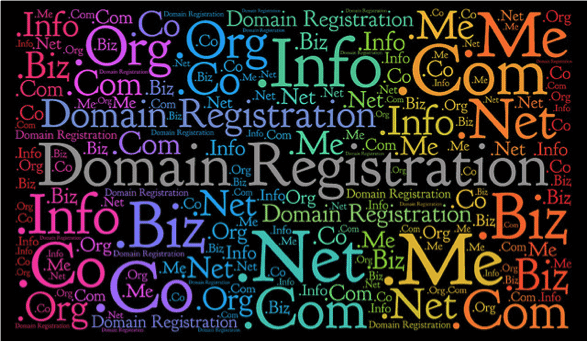![]() The Anticybersquatting Consumer Protection Act (“ACPA”) is a federal statute that creates a civil course of action under intellectual property. Specifically, the statute is for owners of certain marks pursuing civil action against registrants of domain names that can negatively impact those marks and their owners.
The Anticybersquatting Consumer Protection Act (“ACPA”) is a federal statute that creates a civil course of action under intellectual property. Specifically, the statute is for owners of certain marks pursuing civil action against registrants of domain names that can negatively impact those marks and their owners.
To be successful under the ACPA, the owner of the mark must demonstrate that (1) the mark and the domain name are identical or confusingly similar, (2) the mark was distinctive when the domain name was first registered, (3) the trademark’s owner used the mark commercially before the domain name was registered, and (4) the domain registrant acted in bad faith and intended to profit from the trademark’s use.
As of today, the United States Supreme Court has not considered application of the ACPA. However, the ACPA has been looked at by many Circuit Courts across the US. The element often requiring the most analysis by the courts is in determining whether or not the domain registrant acted in bad faith. To aid in this analysis, Congress has included a list of nine factors in the ACPA for the court to consider. It is also noted that the list is not exhaustive and that the courts can consider additional factors they feel demonstrate elements of bad faith.
With all of this in mind, can the ACPA be of any help to you if you have been the victim of a domain theft? The answer, unfortunately, is no. Domain theft, or domain hijacking, is when someone steals your actual domain name, either for their own personal use or to sell it on the market and make a profit. Cybersquatting, which the ACPA specifically deals with, looks at when an individual legally purchases a domain name with the intent of selling it to the owner of the mark for an escalated price or for the purposes of “piggy-backing” off the popularity of the mark.
Sadly, there are still no statutes specific to domain theft, and only minimal case law, leaving this as an area of confusion and uncertainty for many.
For more information about domain name theft, what you can do if you have been a victim of it, and what the ACPA can do for you, contact Revision Legal’s Internet attorneys, specializing in Cybersquatting, through the form on this page or call 855-473-8474.




